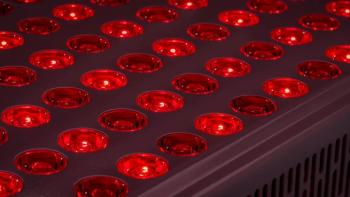
Insider's view of optometry board certification
The author has become quite familiar with what board certification means in various professions, which clearly is much different than what it now means in optometry.
Called to testify
While I have had no contact with optometry since mid-2005, I was asked to be an "expert witness" for the American Optometric Society (AOS) in its lawsuit against the American Board of Optometry (ABO). But my multi-page written report, a 2-hour deposition, and a few minutes on the stand at the trial recently had absolutely no impact.
Since AOS was not able to convince the judge that this competitive advantage exists (or is likely to exist in the future when the AOA promotes ABO certification for inclusion on insurance panels and hospital staffs), he had no choice but to rule in favor of ABO. But the big winner is not ABO; it's the American Board of Clinical Optometry (ABCO), the certifying board endorsed by AOS, which simply requires an OD to be licensed to be also "board certified." Maybe that was the reason for the lawsuit in the first place.
License to be 'board'
My interpretation of the court's decision is that any OD who holds any "certificate" that was issued by any corporation called a "board" can now, with the acquiescence of a Federal court, use the term "board certified." So I assume this applies also to every OD who has passed the "National Boards"; after all, NBEO is a national "board" that issues "certificates" (diplomas), and since its inception in 1951 has identified those who pass all three parts of its examination sequence as Diplomates.
In 1998 NBEO adopted a policy I had proposed, which states, Passing any current National Board examination, including the Treatment and Management of Ocular Disease (TMOD) examination, or any combination of current National Board examinations, is not equivalent to "board certification." That was adopted as NBEO wanted to make it clear at that time that it recognized the difference in the levels of credentialing between licensure and board certification.
Newsletter
Want more insights like this? Subscribe to Optometry Times and get clinical pearls and practice tips delivered straight to your inbox.





























